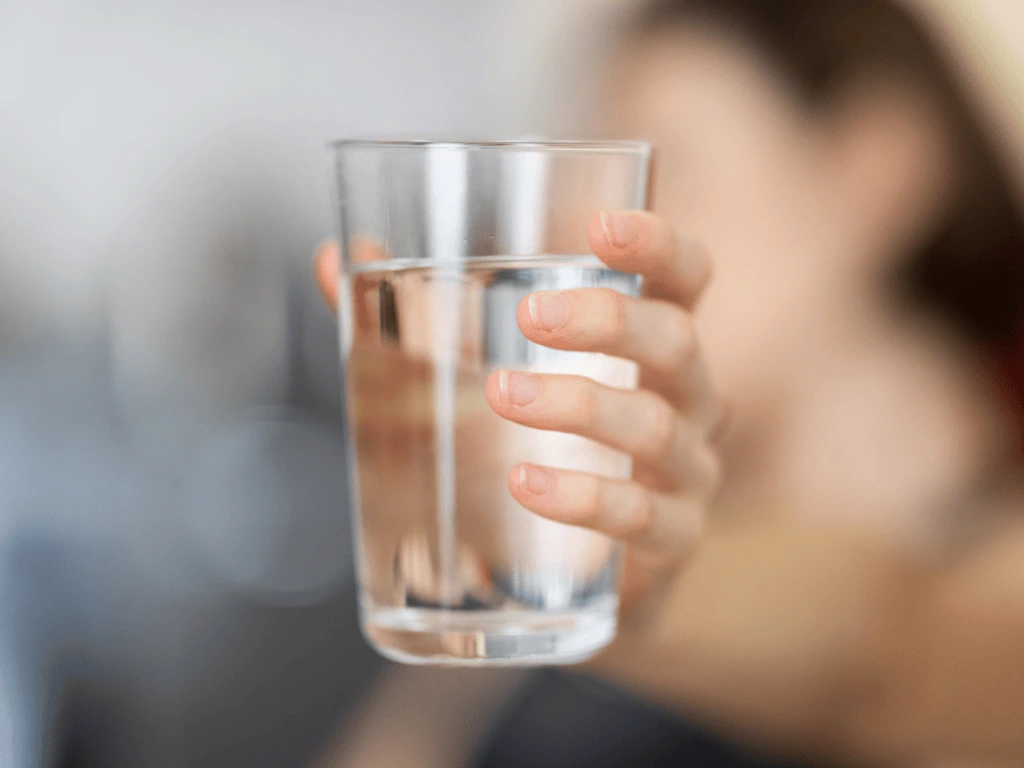- Home
- News Details
News Details

MOENV Strengthens Water Protection: PFAS Added to Taiwan’s Surface Water Quality Standards
2025-11-04 Reference source : MOENV
PFAS Public Health Taiwan Drinking Water Directive Taiwan Ministry of Environment MoENV
On 30 October 2025, Taiwan's Ministry of Environment (MOENV) announced draft amendments to the “Classification and Water Quality Standards for Surface Water Bodies”, introducing new measures to protect public health and the environment. The amendments is the first inclusion of per- and polyfluoroalkyl substances (PFAS) as a regulated parameters in Taiwan’s surface water standards.
PFAS Included as New Regulated Pollutant
The proposed amendments set a combined concentration limit for of 50 ng/L for perfluorooctanoic acid (PFOA) and perfluorooctane sulfonate (PFOS), aligning with Taiwan’s existing drinking water quality standards. This inclusion aims to prevent PFAS contamination of water bodies and mitigate risks to human health and aquatic ecosystems.
PFAS, commonly referred to as “forever chemicals,” are widely used in industrial and consumer products such as non-stick cookware, firefighting foams, and water-repellent materials. Due to their extreme persistence, these substances do not easily break down in the environment and can accumulate in living organisms, leading to potential health risks including hormonal disruption, immune effects, and increased cancer risk.
By setting PFAS limits in the surface water quality framework, Taiwan joins the growing number of countries tightening PFAS controls in response to international regulatory trends. The move underscores MOENV’s commitment to align national standards with global environmental and public health priorities, following similar efforts seen in the EU, US, Japan, and South Korea.
Other Key Amendments
In addition to PFAS regulation, the draft amendment also updates several key parameters to enhance monitoring effectiveness. These include:
- Replacing “coliform group” with “E. coli” for more accurate detection of fecal contamination
- Revision of ammonia nitrogen standards for Class C and adding new standards for Class D waters
- Introduction of “recreational water use” as a defined water body purpose to support growing public demand for clean, safe water recreation.
The MOENV emphasized that these revisions are part of a continuous, adaptive review of water quality standards to ensure relevance and scientific soundness. The updated standards will guide future management by both the central and local environmental authorities.
The draft documents will be available through the Executive Yuan Gazette Online (http://gazette.nat.gov.tw/egFront/) three days after the announcement.
We acknowledge that the above information has been compiled from MOENV.
Global Product Compliance (GPC) specializes in Global Regulatory Compliance Solutions across sectors
globally. SSS Europe, a familiar name in chemical regulatory and compliance services now formally belongs
under the umbrella of GPC Holding Sweden.
Since 2008, we have emerged as one of the leading names among Global Regulatory Compliance Service
Providers with Representation services in Europe, Asia and Middle East for respective chemical
regulations.

 Twitter
Twitter
